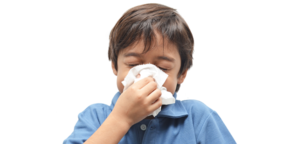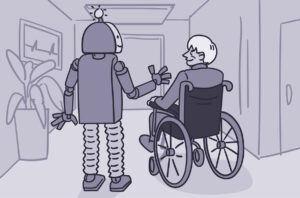Psychological Aspects of Aging
- There are psychological changes as well.
- Adaptation to loss and grief
- Attachment to others
- Maintenance of self-identity
- What can make the difference between a good or poor outcome?
Psychiatric Disorders
- Neurocognitive Disorders
- Delirium
- Depression –Usually diagnosed late in life
- This creates pain, suffering poor quality of life, and spiritual anguish
- Depression can be dangerous when the older person is also experiencing a chronic illness, loneliness, or losses (such as spouse, job, independence, home, finances, or health), and biggest risk factor for suicide
- Schizophrenia
- Anxiety Disorders
- Personality Disorders
Social-Cultural Aspects of Aging
- Elderly people in most cultures share some basic needs and interests
- They want satisfying lives
- They want protection from harm
- In some cultures; the aged are held in high esteem. Is that true or not true in the American culture?
- Do older Americans enjoy sex? What are some stereotypes about this?




